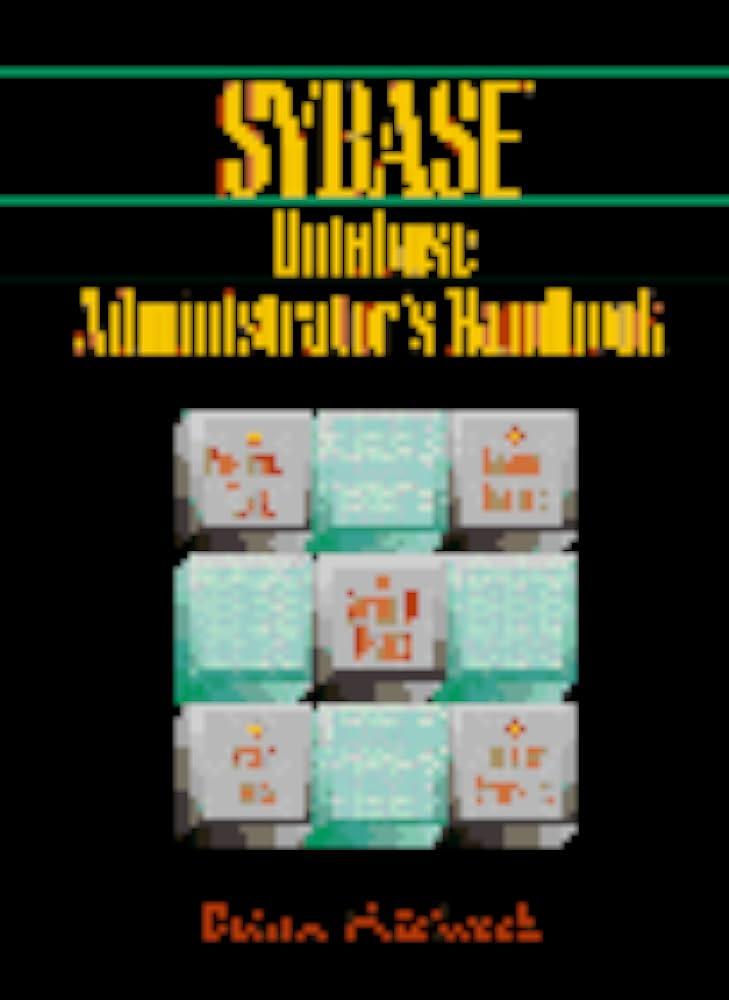Question
Write test cases for the code below, also an outline for the test case has been given at the bottom. please use it from __future__
Write test cases for the code below, also an outline for the test case has been given at the bottom. please use it
from __future__ import annotations
from typing import Any
class ArrayList:
# NOTE: Initial capacity is somewhat arbitrary. To making testing
# resizing easier, you'll probably want a small initial capacity.
# In practice, you'd probably have an initial capacity of 510.
def __init__(self, capacity: int = 1):
self.array: list[Any] = [None] * capacity
self.capacity = capacity
self.size = 0
def empty_list() -> ArrayList:
return ArrayList()
def add(lst: ArrayList, index: int, value: Any) -> ArrayList:
if index < 0 or index > lst.size:
raise IndexError("Invalid index")
if lst.size == lst.capacity:
new_array = [None] * (2 * lst.capacity)
for i in range(lst.size):
new_array[i] = lst.array[i]
lst.array = new_array
lst.capacity *= 2
for i in range(lst.size, index, -1):
lst.array[i] = lst.array[i - 1]
lst.array[index] = value
lst.size += 1
return lst
def length(lst: ArrayList) -> int:
return lst.size
def get(lst: ArrayList, index: int) -> Any:
if index < 0 or index >= lst.size:
raise IndexError("Invalid index")
return lst.array[index]
def setitem(lst: ArrayList, index: int, value: Any) -> ArrayList:
if index < 0 or index >= lst.size:
raise IndexError("Invalid index")
lst.array[index] = value
return lst
def remove(lst: ArrayList, index: int) -> tuple[Any, ArrayList]:
if index < 0 or index >= lst.size:
raise IndexError("Invalid index")
value = lst.array[index]
for i in range(index, lst.size - 1):
lst.array[i] = lst.array[i + 1]
lst.array[lst.size - 1] = None
lst.size -= 1
return value, lst
#test code outline
import unittest
from array_list import add, empty_list, get, length, remove, setitem
class Tests(unittest.TestCase):
def test_length_empty_list(self) -> None:
self.assertEqual(length(empty_list()), 0)
def test_add_to_list1(self) -> None:
my_list = empty_list()
add(my_list, 0, "hello")
self.assertEqual(my_list.array, ["hello"])
def test_add_to_list2(self) -> None:
my_list = empty_list()
add(my_list, 0, "a")
add(my_list, 1, "b")
add(my_list, 2, "c")
self.assertEqual(my_list.array, ["a", "b", "c", None])
# TODO: Add more tests!
if __name__ == "__main__":
unittest.main()
Step by Step Solution
There are 3 Steps involved in it
Step: 1

Get Instant Access to Expert-Tailored Solutions
See step-by-step solutions with expert insights and AI powered tools for academic success
Step: 2

Step: 3

Ace Your Homework with AI
Get the answers you need in no time with our AI-driven, step-by-step assistance
Get Started


